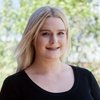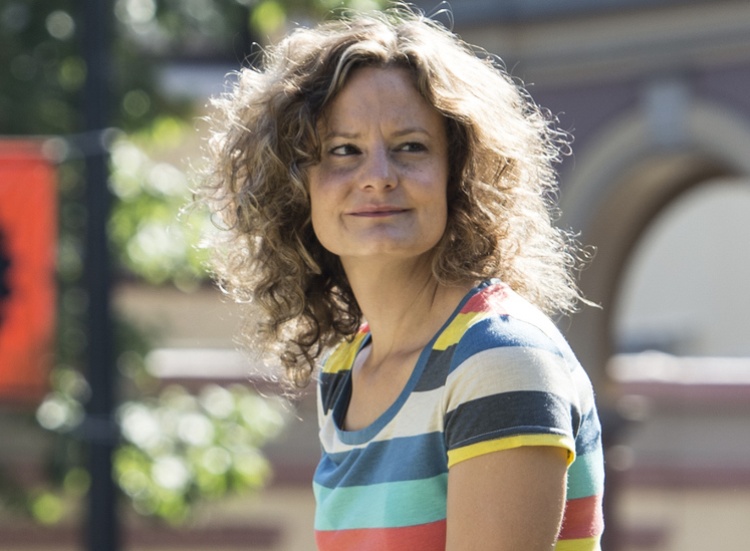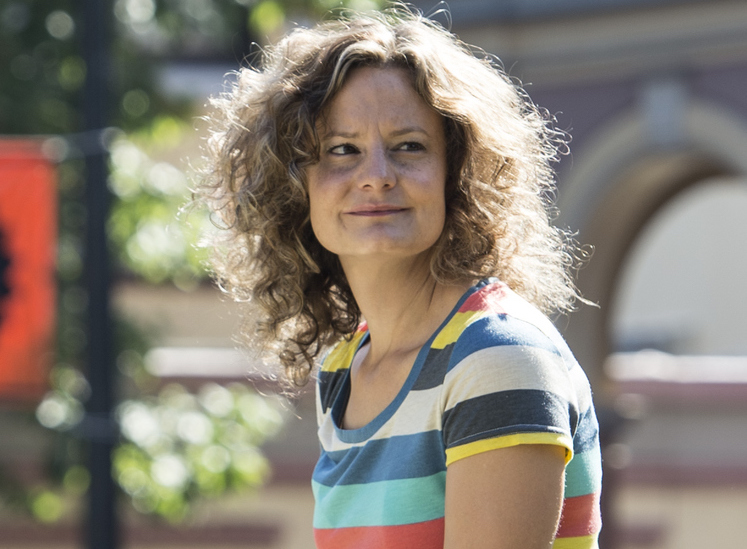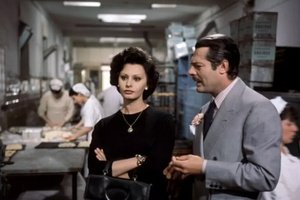These were the words of former prime minister John Howard in response to the hundreds of asylum seekers who arrived on Australian shores aboard the Tampa in 2001.
The statement, which went on to influence Australia’s immigration policy for years to come, is also central to multi-award-winning author Felicity Castagna’s latest novel, No More Boats.
Through a post-war migrant by the name of Antonio Martone, and his fictional response to real life events, Ms Castagna explores the meaning of assimilation, our enduring fear of invasion, an anxiety of “the other”, and whether there is such thing as an “ex-migrant”.
“I wanted to write a text that really delved into what I think are the largest preoccupations of Australians at the moment, which are basically a fear of boats and our obsession with real estate,” the author said.
“I also wanted to consider some of the things that I have seen in my own family and multicultural community.”
The novel is based in Parramatta - an area with a long history of migrant settlement, and Sydney’s demographic heart - where Ms Castagna has lived for more than a decade.
In bringing together the experience of persecution and hardship as an Italian migrant in the late 1950s and the story of boat migrants in recent times and their experience of a different type of persecution, Ms Castagna takes inspiration from her own family’s migrant story.
Her paternal grandmother grew up in a Greek family in Egypt and migrated to Ethiopia, where she married into the Italian community.
Ms Castagna’s father was born and raised in an Italian enclave in Ethiopia and migrated to Australia by boat in the late 1950s.
Ms Castagna was born in Australia, but her family moved to the US when she was seven years old and she didn’t return to her birthplace until she was almost 19.
She spent much of her late teens living in Asia, and draws on her experience of a transnational upbringing to explore the migrant experience from a unique perspective.
“A lot of Italians and Greeks came via other countries and their perception of ‘Italianness’ is different from those who came straight from Italy,” she said.
“I think that’s an interesting part of my story and something I’d like to explore more in my future books.”
When she began writing No More Boats, Ms Castagna wanted to avoid telling the familiar story of migrants who arrive in their new home as outsiders and eventually integrate into the community, becoming “heroic figures”.
Instead, she wanted to speak to the complexity of the migrant experience.
“I wanted to talk about the migrant figures in my community and family: people who have experienced a lot of trauma and sometimes take that trauma out on others,” she explained.
“I think the relationship between the different generations of boat people is really complex: they’re sympathetic - as my family is - but at the same time, they can also be very judgmental and intolerant like wider Australia.”
It’s a narrative which hasn’t been explored extensively, but in which Ms Castagna takes great interest.
In fact, she used it as the basis for her PhD studies at Western Sydney University.
No More Boats was last Monday shortlisted for the Multicultural NSW Award in the NSW Premier’s Literary Awards, set to take place on Monday, April 30, on the opening night of the Sydney Writers’ Festival.
Ms Castagna will also participate in several other events as part of the annual literary festival.
You can hear her speak about No More Boats in a one-on-one conversation at Hawkesbury Central Library on Wednesday, May 2.
The following day, she will sit on a panel with two other women to reflect on topics from Australia Day to refugee intakes, and discuss fiction’s ability to examine and upturn the conventional wisdom of Australia’s past and present.
“That will be very interesting because we’re all of different backgrounds,” Ms Castagna said.
In fact, her fellow speakers are Claire G. Coleman, a Wirlomin Noongar woman, and Melanie Cheng, a writer and general practitioner of Chinese-Australian heritage.
“They’ve organised a panel that really speaks to what it essentially means to be Australian today,” Ms Castagna said.
“If we’re going to discuss what it means to be Australian we need to have people from different backgrounds talking in a cross-cultural exchange. It’s about how we live together and how we see each other… and also how we see Australia today.”
These conversations are central to much of Ms Castagna’s work, including her upcoming novel, which she is co-writing with Vietnamese-Australian writer Sheila Pham and Botswanan-Australian writer Faith Chaza.
“We’re very deliberately writing together so that we can talk cross-culturally and create authentic characters who are from different cultural backgrounds,” Ms Castagna said.
“We want to put them in the same place and look at the conversations and conflicts which occur.”
At a time when the topic of immigration is as relevant and hotly contested as ever, it’s easy to see why Ms Castagna’s work is so widely revered.
In the words of the judges for the NSW Premier’s Awards:
“No More Boats may be set 17 years ago, but the echoes of that 2001 speech and Castagna’s novel are still resonant today.”












